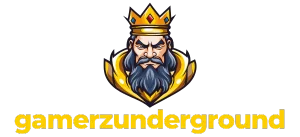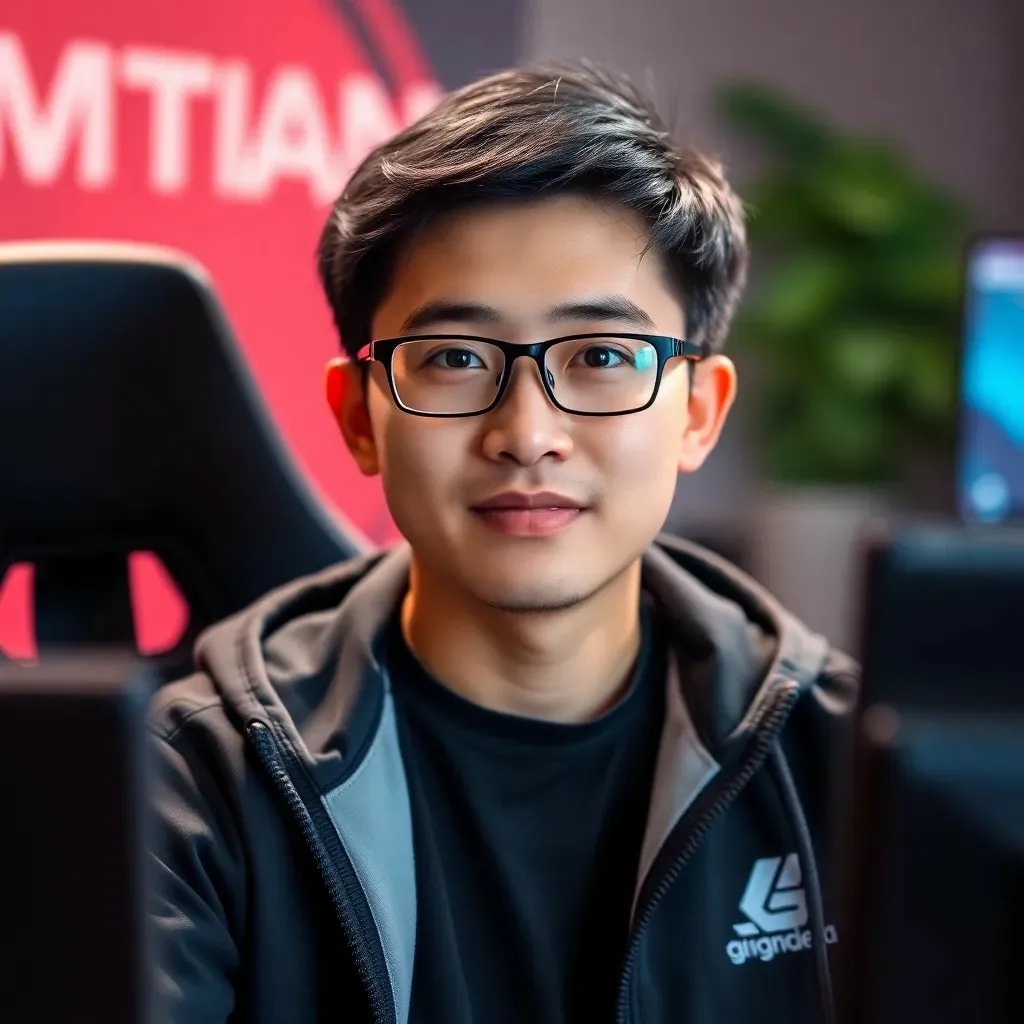In the vibrant world of game development, creativity thrives best when fueled by collaboration. Game dev communities are the secret sauce behind many indie successes, offering a treasure trove of knowledge, support, and a sprinkle of friendly banter. Whether you’re a seasoned developer or just starting out, these communities are like a warm campfire where everyone gathers to share stories, tips, and the occasional meme about debugging nightmares.
Table of Contents
ToggleOverview of Game Dev Communities
Game development communities serve as vital hubs for collaboration and creativity. These platforms enable developers to connect with peers, share knowledge, and tackle the challenges encountered in game creation. Many communities focus on various aspects of game development, such as coding, art, design, and marketing. Each area offers unique insights which can significantly aid developers in honing their crafts.
Members of these communities benefit from diverse resources, including forums, tutorials, and live streams. Participants often engage in discussions that cover topics like game engines, project management, and industry trends. Gathering this information enhances their skills and broadens their understanding of the gaming landscape.
Support and encouragement rank highly on the list of community benefits. Developers often find motivation through shared experiences, tips, and humor. Both new and seasoned developers can share their journeys, fostering a sense of camaraderie that strengthens connections within the community.
Networking opportunities abound within these environments. Many developers find collaborators for projects directly through community interactions. Established professionals sometimes mentor newcomers, providing invaluable guidance that helps others avoid common pitfalls.
Local meetups, game jams, and online events frequently occur, offering additional opportunities for engagement. Participating in these gatherings allows developers to showcase their work, receive feedback, and learn from others in real-time. As a result, developers consistently enhance their projects and foster relationships that can lead to long-term collaborations.
Overall, game dev communities create a supportive space where creativity thrives and developers of all levels can learn from each other.
Types of Game Dev Communities

Game dev communities can be categorized into online and offline formats. Both types offer unique opportunities for engagement, learning, and collaboration among developers.
Online Communities
Online communities thrive on various platforms like forums, social media groups, and dedicated websites. Developers share knowledge through resources such as tutorials, blogs, and game development tools. Members often participate in discussions about coding, design, and marketing trends. Platforms like Discord and Reddit host vibrant discussions and offer real-time interaction with peers. Networking occurs naturally as developers showcase projects and provide constructive feedback. Many online communities also organize virtual game jams, enhancing collaboration and creativity. Access to a global network of developers provides invaluable insights and diverse perspectives.
Offline Communities
Offline communities connect developers through local meetups and events. Friendly gatherings occur in various venues, fostering personal relationships and collaboration. Workshops and seminars present opportunities for hands-on learning and skill enhancement. Game jams serve as exciting challenges where developers create games within a set timeframe, often leading to innovative ideas. Local game development organizations frequently host presentations and panels, inviting experienced developers and industry experts. Engaging in these face-to-face interactions strengthens the sense of camaraderie among members. Overall, offline communities promote a supportive atmosphere, where shared experiences enhance personal and professional growth.
Benefits of Joining Game Dev Communities
Joining game dev communities provides numerous advantages for developers. These communities create environments that foster collaboration, learning, and personal growth.
Networking Opportunities
Networking opportunities abound within game dev communities. Developers connect with peers through local and online events, allowing them to form valuable relationships. Game jams encourage teamwork and stimulate creative ideas, while forums and social media platforms facilitate discussions and problem-solving. Mentorship is often available, enabling less experienced developers to learn directly from industry veterans. Developers often discover job openings or collaboration prospects by engaging with others in these communities. Relationships built in these settings can lead to long-term partnerships, significantly enhancing career prospects.
Skill Development
Skill development flourishes in game dev communities. Members gain access to a wealth of resources, including tutorials, webinars, and expert insights. Developers frequently participate in workshops that provide hands-on experience with new tools or techniques. These collaborative environments enable individuals to receive constructive feedback on their projects and ideas. As people engage in discussions about coding, art, and design trends, they actively expand their knowledge base. Communities also encourage experimentation, helping developers refine their unique styles and approaches. Overall, skill enhancement within these groups fosters both personal growth and professional advancement.
Challenges Faced in Game Dev Communities
Game dev communities confront several challenges that can hinder their growth and effectiveness. Addressing these issues is crucial for maintaining a supportive environment.
Diversity and Inclusion Issues
Diversity and inclusion remain significant concerns in game dev communities. Developers from various backgrounds often face barriers that limit participation, such as language, culture, and accessibility. Underrepresentation of women and minorities in these spaces exacerbates the issue. Neglecting such diversity stifles creativity and innovation within game development. Engaging in ongoing discussions about inclusivity can help foster a welcoming atmosphere. Educating members about the value of diverse perspectives leads to the creation of richer and more engaging games. Communities must prioritize creating equal opportunities and safe spaces for everyone to thrive.
Competition Among Developers
Competition among developers can also present challenges within game dev communities. While healthy competition can motivate individuals, it may lead to tension and conflict. Developers often compare their progress and projects, which can foster feelings of inadequacy. Balancing competition with collaboration is essential for sustaining a positive environment. Encouraging teamwork on projects helps mitigate rivalry by reinforcing community bonds. Supportive feedback from peers allows developers to recognize achievements and grow together. Promoting collaboration over rivalry creates a more enriching experience for everyone involved.
Game dev communities are essential for nurturing creativity and collaboration among developers. By providing a platform for sharing knowledge and experiences, these communities empower both seasoned professionals and newcomers to thrive in the gaming industry. The diverse resources and networking opportunities available within these groups enhance skill development and foster valuable relationships.
While challenges like diversity and competition exist, ongoing efforts to promote inclusivity and teamwork can create a more supportive environment. Ultimately, the strength of game dev communities lies in their ability to unite individuals with a shared passion, driving innovation and growth in the ever-evolving landscape of game development.


